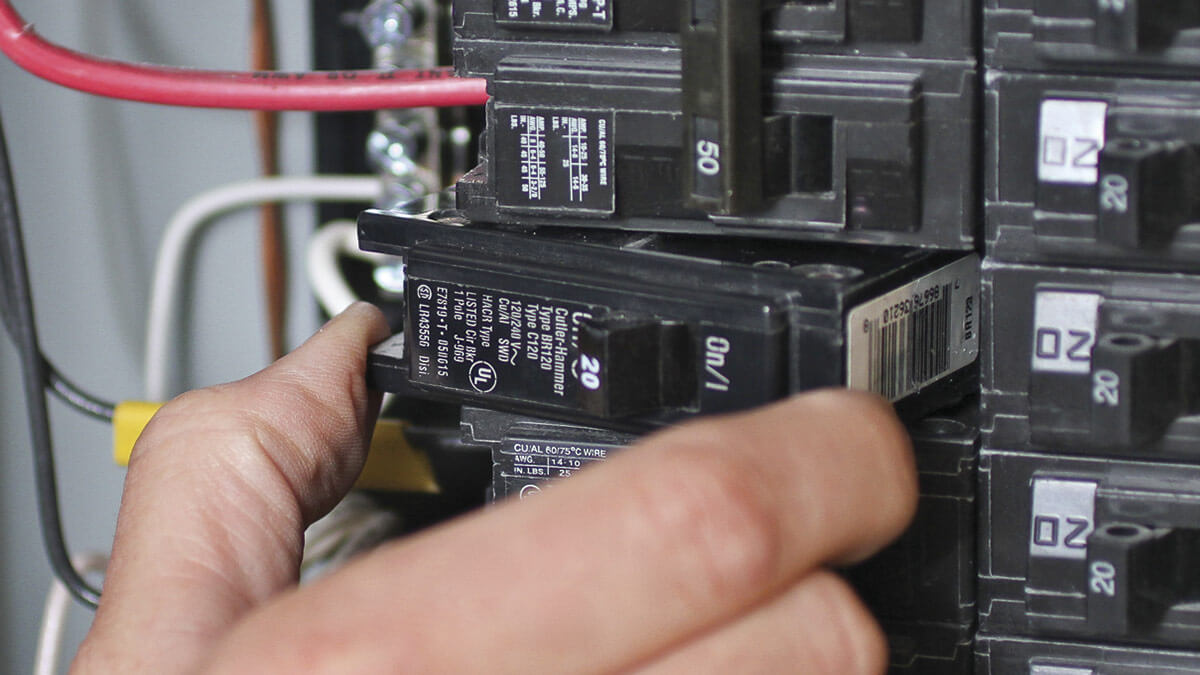Are you Wondering about the right size of wire for handling 30 amps of power? Not to worry more. We’re here to help you out. Picking the right wire thickness, called wire gauge, is most important to stop fires and help electricity flow well. For 30 amps, which is like the power used by big appliances, you need a thicker wire so it doesn’t get too hot.
A wire gauge around 10 or 8 might be best. If the wire is too thin, it could cause problems. If you want your electrical system to stay safe and work well by wiring a 30 amp rv plug, make sure to choose the right wire gauge.
So, go through these simple choices that can really help you and keep your home powered up and safe.
1. Standard Wire Diameters Available
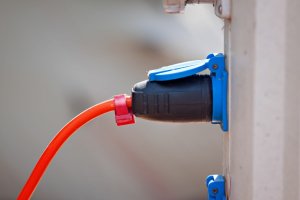
The size of a wire is important in electrical stuff. A system called American Wire Gauge (AWG) measures how thick a wire is. If you have a circuit with 30 amps, using 10 AWG wire is usually good. Thicker wires (with lower AWG numbers) can take more amps without getting too hot. Wires can be found in different sizes. People often pick 10 AWG because it works well for carrying enough electricity and being handy. It’s smart to choose the right wire thickness to keep things safe and working nicely.
2. How Far Can You Run a 10 Gauge Wire on a 30 Amp Circuit?
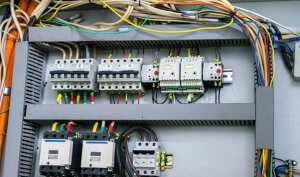
The length a wire can go without losing much power relies on its size, called gauge. If it’s a 10 gauge wire on a 30 amp circuit, you can go about 64 feet. But if it’s farther, the voltage might drop a lot, which can affect your devices. To go longer, you might need a thicker wire to stop this drop. It’s important because if the voltage gets too low, things won’t work right. So, remember, for longer distances, pick a fatter wire.
3. Will a 12-2 Wire Carry 30 Amps?
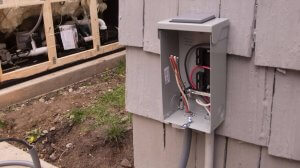
No, the 12-2 wire isn’t right for 30 amps. It’s labeled 12 AWG and has 2 parts, one hot and one neutral. Usually, it handles 20 amps. If you put 30 amps, it might get too hot and start a fire. It’s important to use the right size wire for the amps to keep things safe and working well. So, choose the wire that matches what the circuit needs. Don’t try to use a smaller one, like 12-2, for bigger jobs, or there could be problems. It’s better to be safe and use the correct wire size to avoid trouble.
4. Choosing the Right Wire Diameter
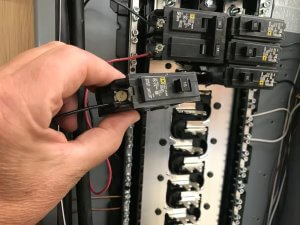
Wire diameter, which is how thick a wire is, might not seem that important, but it actually really matters in electrical stuff. Like, when there are 30 amps of electric power flowing, having the correct wire gauge becomes super important. This is because if the wire is too thin, it can get too hot and cause problems or even start a fire. So, using the right wire thickness and having a Wire Gauge Tool Set on hand to measure it helps keep things safe and working right. Making sure the wire is the right thickness is like making sure the road is wide enough for all the cars. If it’s too narrow, traffic (or electricity) can get jammed up.
Reduces the Risk of Fire and Overheating
Choosing the right wire thickness for a 30-amp circuit is important. This stops the wires from getting too hot. If the wire is too skinny, it can’t manage the electricity flowing through it. This causes too much heat and might start a fire. It’s really crucial to use the correct wire size to avoid these problems and keep things safe. Always make sure to follow the guidelines for wire thickness to match the circuit’s needs. This way, you can enjoy your electrical devices without worrying about any dangers.
Lessens the Risk to Equipment
Choosing the right size of wires is important. This helps your things work well without getting hurt. If wires are too small, they can weaken the power and damage stuff that needs care. So, it’s smart to pick the correct wire size for safety and good work. Small wires might not let things get the power they need, which could be bad for machines that need delicate handling. To prevent this, it’s better to use wires that are big enough. This way, everything can work as it should, and nothing will get broken.
Wire Size and Adherence to Codes
Electrical codes are rules that say how thick wires must be for different amounts of power. It’s important to obey these rules because they keep us safe from fires and shocks. Not following the rules is against the law, so it’s not just about being safe; it’s also about doing what the law says. When we use electricity, the wires can get hot. If the wires are too thin, they might get too hot and start a fire. To prevent this, codes tell us the smallest wire size we can use for different power levels. So, it’s very important to use the right wire size to stay safe and follow the law.
The Variables that Affect Wire Size
The size of wires isn’t just random. It’s affected by things like how far they need to go, what they’re made of, and how hot or cold it is around them. When wires have to go really far, or when it’s really hot, they need to be thicker. Thicker wires help electricity travel safely. If the wires are too thin, the electricity might get stuck or become dangerous. So, if you want electricity to go a long way or in a hot place, you need to use thicker wires. It’s like using a bigger pipe for water when you need to carry more water. This helps the electricity flow nicely and doesn’t cause any problems.
Conclusion
As we reached the end, One can easily see that when you’re deciding on the right wire size for 30 amps, it’s really important to make a good choice. If the wire is too skinny, it might get too hot and cause problems. But if it’s too thick, you might spend more money than you need to.
The best option is usually a 10-gauge wire. This type of wire is just the right size to handle 30 amps of electricity without getting too hot or wasting energy. So, the 10-gauge wire is just the right choice and a good balance between safety and efficiency, helping your electrical system work well without any unnecessary issues.

